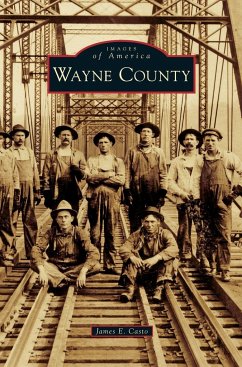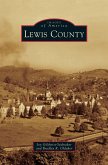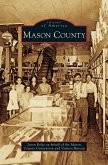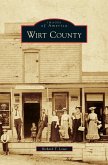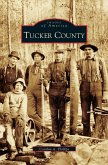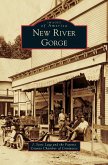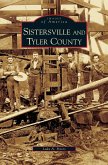Wayne County, West Virginia, was established on January 18, 1842, from part of Cabell County and named for Gen. Mad Anthony Wayne. The state's westernmost county, it lies at the juncture of two rivers: the Ohio and Big Sandy. The town of Wayne is the county seat. Although the southern half of the county was first to be settled, it was slow to develop. In contrast, the northern part bordering Cabell County grew rapidly. The city of Huntington ultimately expanded westward into Wayne County, an area now known as Westmoreland. In addition to Wayne and Huntington, the county has three other incorporated communities: Ceredo, Kenova, and Fort Gay. In the 19th century, timbering and farming were the county's economic mainstays. The southern end of the county experienced a growth spurt when, in 1890, the Norfolk & Western Railway was completed to Kenova. Today, many residents commute to Huntington or nearby Ashland, Kentucky. The county is the birthplace of gospel singer Michael W. Smith, major league pitcher Donnie Robinson, and Fannie Belle Fleming, better known as stripper Blaze Starr.
Hinweis: Dieser Artikel kann nur an eine deutsche Lieferadresse ausgeliefert werden.
Hinweis: Dieser Artikel kann nur an eine deutsche Lieferadresse ausgeliefert werden.

